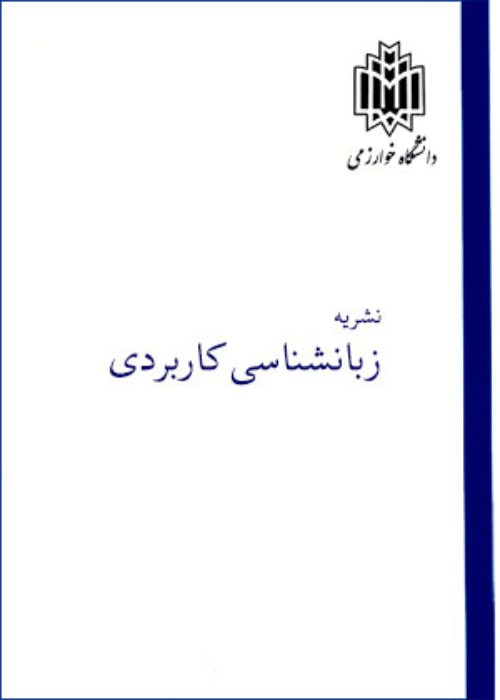Self-Regulation, Goal Orientation, Tolerance of Ambiguity and Autonomy as Predictors of Iranian EFL learners’ Second Language Achievement: A Structural Equation Modeling Approach
The identification of the cognitive, affective, social and even physiological factors affecting second or foreign language learning routes and rate has for long been a challenging aspiration for second language researchers. However, a recent preoccupation of the researchers in this area has been the study of the combinatorial impacts of such factors on second or foreign language learning processes and products. As a partial undertaking in this regard, this study investigated the relations pattern among some psychological and cognitive variables and foreign language learning achievement rate. The studied factors were self-regulation, goal-orientation, tolerance of ambiguity, and autonomy on the one hand and English as Foreign Language (EFL) learners’ ultimate achievement on the other hand. To this end, 250 Iranian BA level EFL students majoring English literature or English translation were selected based on convenience sampling procedure. Next, having obtained the participants' informed consent to participate in the study, the researchers administered Trait Self-Regulation Questionnaire (TSRQ), Goal Orientation, Tolerance of Ambiguity, and Learner Autonomy scales to them. In addition, concerning their L2 achievement rate measure, their BA level general English courses' GPA was obtained from the education office of the related universities. The data were statistically analyzed and the hypothetical model of interrelations among the given variables was tested using Structural Equation Modeling procedures. The results indicated that goal orientation and self-regulation significantly predicted L2 achievement; however, tolerance of ambiguity and learner autonomy were not found as strong predictors of L2 achievement. On the other hand, while self-regulation strongly predicted goal orientation, it was not verified to be a strong predictor of tolerance of ambiguity. The results also showed that goal orientation could strongly predict learner autonomy. A ready-made implication of the findings might be that the combinatorial effects of the psychological variables on cognitive processes like second language learning is quite complicated and different from the effects of each individual variable.
- حق عضویت دریافتی صرف حمایت از نشریات عضو و نگهداری، تکمیل و توسعه مگیران میشود.
- پرداخت حق اشتراک و دانلود مقالات اجازه بازنشر آن در سایر رسانههای چاپی و دیجیتال را به کاربر نمیدهد.


